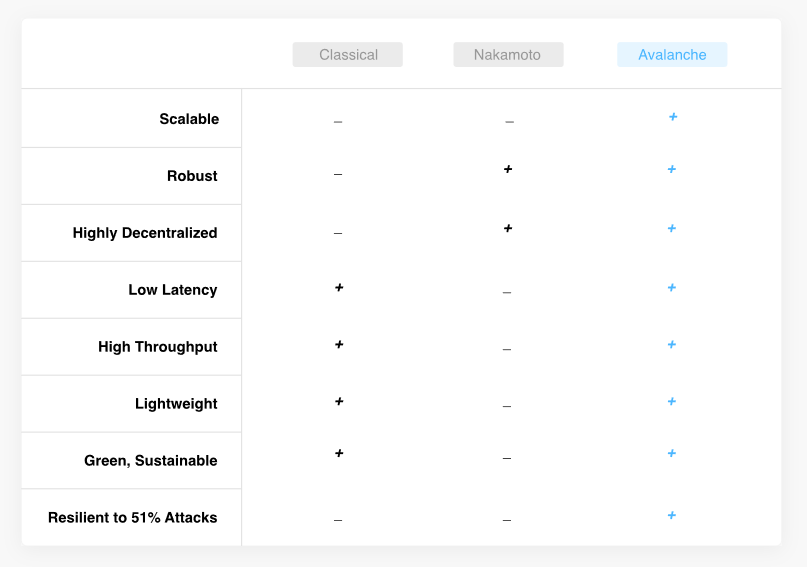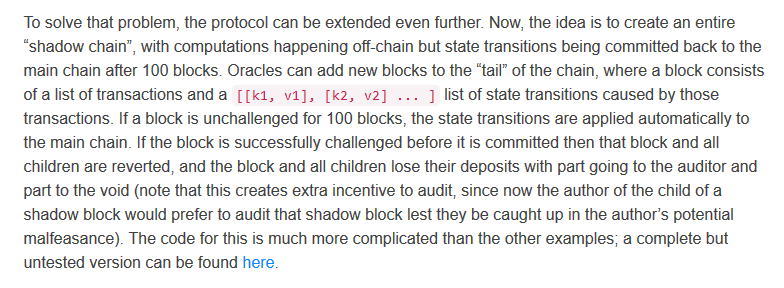
investing @OneWhatCapital, backing != endorsing, sharing != promoting
2 subscribers
How to get URL link on X (Twitter) App


https://twitter.com/fuellabs_/status/1539987539985055744While ETH can be *pushed* with contract calls on Ethereum, ERC-20 tokens cannot. `approve` and `transferFrom` must be used (in two separate transactions) to first approve an amount of tokens for a receiving contract to *pull*, then for the receiving contract to actually pull.

https://twitter.com/jadler0/status/1309700901272248320The Nakamoto Incentive is both an incentive (rewards + fees) and a disincentive (penalties for both individuals and majorities). Both are necessary for permissionless consensus protocols to function without having to heavily rely on altruism.
https://twitter.com/jadler0/status/1309700911644790784

https://twitter.com/jadler0/status/1309207337031303169Let's start by clearing up some confusion from last time. It's not “impossible, period” to have non-fixed fees in Avalanche; rather, it's impossible without making some additional trade-offs to fundamental assumptions or guarantees provided by AC.
https://twitter.com/jadler0/status/1309207356111233024

https://twitter.com/avalancheavax/status/1308251665359929346


https://twitter.com/fuellabs_/status/1289261871686660096
 Rival E has been defeated! #EthereumPlaysPokemon #FuelPlaysPokemon
Rival E has been defeated! #EthereumPlaysPokemon #FuelPlaysPokemon 

https://twitter.com/avalancheavax/status/1276158765969149955Be wary of claims like this that aren't backed up by a long-running public testnet.

https://twitter.com/AlexSkidanov/status/1252280610728497152If an invalid block is created, a compact fraud proof can be produced to show this to light clients. Full nodes fully validate everything, so they are unaffected by invalid blocks. They can produce fraud proofs for light clients.

https://twitter.com/notgrubles/status/1204485058184273920

 First, a primer on CoinWitness. It uses a "coins" data model, which is distinct from the UTXO or accounts data model.
First, a primer on CoinWitness. It uses a "coins" data model, which is distinct from the UTXO or accounts data model.
https://twitter.com/ercwl/status/1204023381483565057?s=20@the_matter_labs's ZK Sync (which is an otherwise incredible achievement from a stellar team) allows a majority of token holders to censor transactions arbitrarily for free (or at most, for the price of a majority of the tokens). In other words, ZK Sync is permissioned.


 In transparent blockchains, an erroneous state transition due to a bug in the client software can be rolled back. See: the Bitcoin value overflow incident.
In transparent blockchains, an erroneous state transition due to a bug in the client software can be rolled back. See: the Bitcoin value overflow incident.